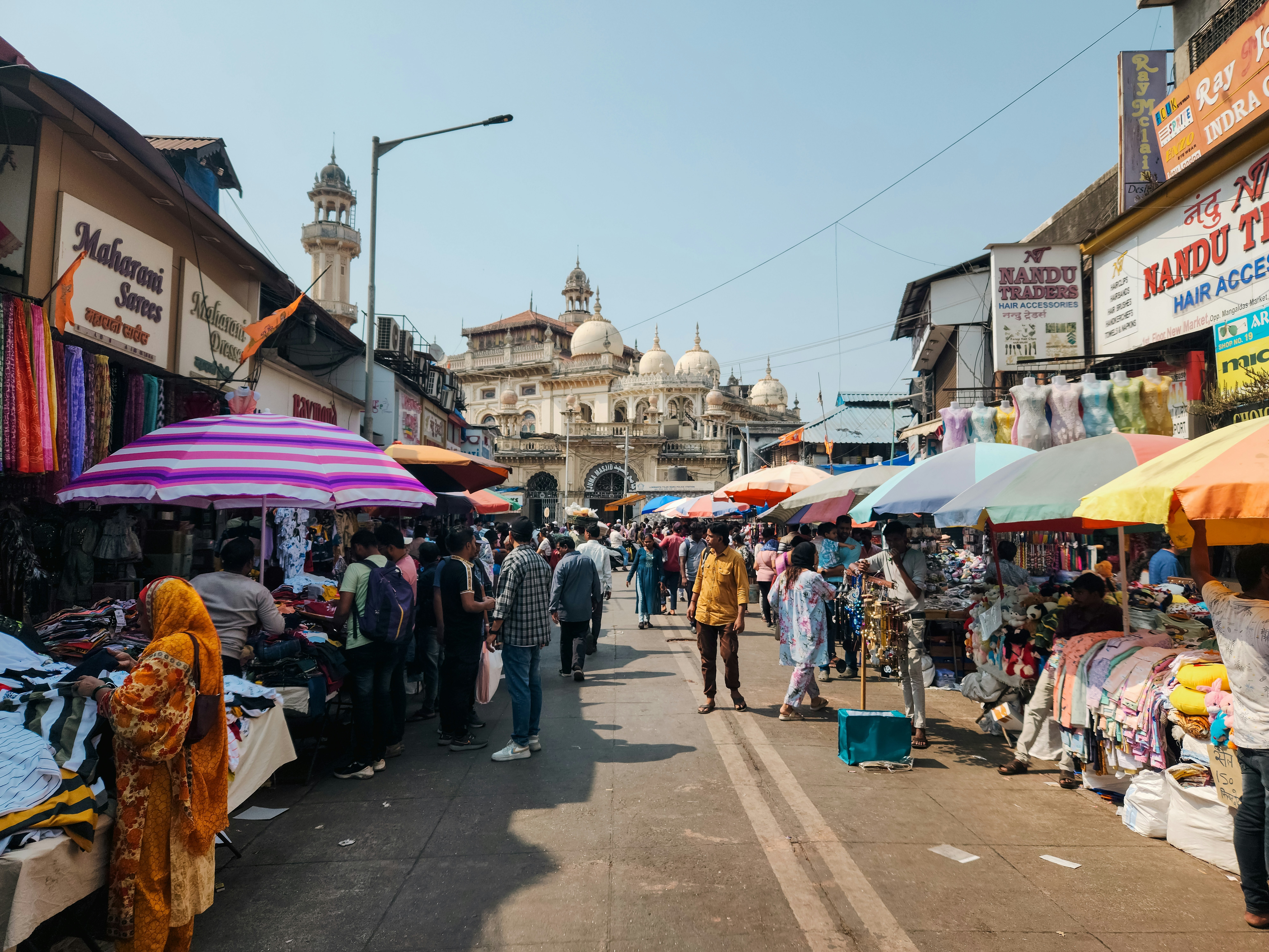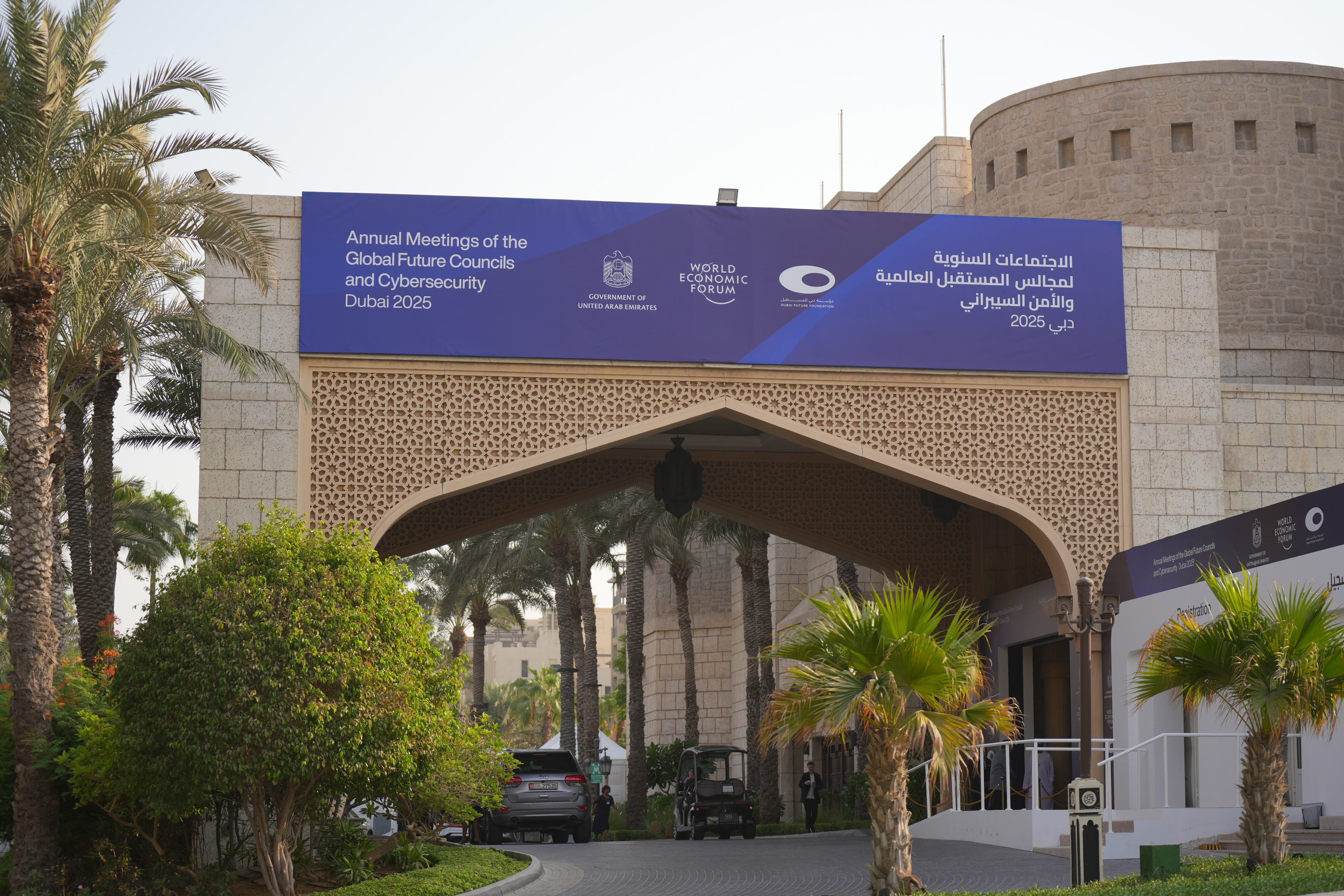How should the world react to growing security threats?

After a year many have described as the geopolitical annus horribilis, where we have seen both an exacerbation of problems related to asymmetric threats such as the growth of Islamic State in the Middle East as well as the return of strategic competition such as the conflict in Ukraine, there is a clear need to foster deeper awareness among policy-makers as to the volatile and shifting nature of today’s security context and its implications for society and the economy.
More than ever before, there is a need to bring together stakeholders and promote dialogue among them in the interest of enhancing global security. The deterioration of the global security scene in 2014 has left many countries and organizations seemingly unprepared to deal with the new context. Horrific terrorist attacks over the past months also highlight just how much we need to remain vigilant as leaders, citizens and community members. But while we remain vigilant, we must not be deterred from the business of living. To do so would be a victory for those who seek to limit free and open societies.
The future, when viewed from a geopolitical security lens, can look quite bleak if we allow it to. A security landscape characterized by the simultaneous deepening of geopolitical competition, asymmetric conflict and eroding trust in multilateralism, compounded by the increase in income disparity in a globalized economy, provides a tenuous backdrop for states to conduct diplomacy and seek cooperation on security.
The complexity of these threats necessitates creative responses, cultivated from a broad range of perspectives and expertise. Hence, during this year’s Annual Meeting in Davos, Switzerland, the Forum engaged in dialogues on the role and future of the military, cybersecurity, corruption, inequality, the complex and critical role of intelligence services and the implications of this new reality on open societies. Many of these themes were new to the Davos agenda, but they are now here to stay.
The future of military, intelligence, terrorism and cybersecurity
Since the fall of the Berlin Wall, we’ve been living under the assumption that the world comprises a growing “cosmos” of orderly states cooperating to solve problems peacefully and sorting out the “chaos” in the periphery of global order. However, this light and optimistic perception is threatened by the harsh reality that geostrategic competition is back, characterized today more by a struggle for power and resources than ideology. Whereas the Cold War was top-down and every country was forced to relate to that central confrontation, today’s world is more bottom-up; the proxies are no longer necessarily the puppets of the big powers – now they can run the show.
A growing number of local wars are reverberating at the global level, and their intractability is drawing in established powers. Terrorism, too, has morphed into a dangerous, unpredictable series of loose horizontal connections between disparate groups, moving easily across national boundaries. The “enemy” is no longer clear-cut – the spectre of extremist fighters returning to their adopted countries, or recruits forced or kidnapped into service, leave authorities grasping to balance security concerns with fundamental rights and freedoms.
The lack of symmetry in the global security context could lead to geopolitical surprises or so-called “black swans” such as, for example, Islamic State acquiring a tactical nuclear weapon.
Existing global structures – be it the United Nations or regional forums such as the Organization for Security and Co-operation in Europe (OSCE), the Association of South East Asian Nations (ASEAN) and the Arab League – offer valuable platforms for addressing global security issues, but they need to be reinvigorated. New threats such as cyber warfare and the internationalized conflict in Ukraine are amorphous situations that require a robust and collaborative intelligence and surveillance response – but, after the Snowden revelations, where is the legal framework for action and who is responsible?
Since the Ukrainian crisis erupted, a new alignment between Russia and China has emerged, although few expect it to last. It is just as likely that the relationship sours over competition in Central Asia. China’s relationships with its South-East Asian neighbours and Japan remain crucial. While the political climate may have improved somewhat, none of the fundamental issues linked to either the delineation of the South China Sea or the ownership of islands in the East China Sea have been resolved.
The regional integration around key issues is moving ahead. India’s footprint in the region is increasingly visible. In the Middle East, the state system that was introduced in the aftermath of the First World War is crumbling under multi-layered conflicts and the persistence of extremist movements. An effective regional framework for collaboration on these shared challenges is still missing. The regional impact of an Iran slowly moving from an outlier towards increased international cooperation remains to be seen.
Meanwhile, new asymmetric global security threats are disrupting traditional diplomacy and forcing new conversations and new alliances, especially as non-state actors are now playing an outsize role. For example, the perpetrators of the recent attacks in Paris have driven European authorities to discuss new forms of intelligence information-sharing and surveillance. In the Middle East and in Africa, the Islamic State and related fanatics pose a problem that transcends borders, political affiliation or religious orientation. This common threat, and shared sentiment of the need to act against it, is leading to new conversations on how to take collective action and may lead to a realignment in the region.
How do we adapt and prepare to face today’s geopolitical and geo-economic trends?
Exactly one year ago, there were political troubles brewing over Ukraine but there had been no fighting as of yet; at the time, few could conceive the conflict that ensued, which has led to a collapse of trust between Russia, the EU and the US. Indeed, many of today’s key global issues – including Islamic State, Ebola, the increased terror risk posed by radicalized EU nationals as seen in Paris, waves of extremism in Africa, the plummeting price of oil – were hardly on the agenda a year ago.
Therefore it behoves us to ask to what extent leaders are thinking the unthinkable and preparing for it. What are the most pressing issues leaders should address to strengthen global security? What international or domestic trends are driving transformations in the security context? To take one example, the rapid decline in oil prices will seriously affect Middle Eastern countries. It may even lead to new opportunities to create a two-state solution between Israel and the Palestinians and allow for Iran to step up on its global responsibilities. This of course begs the question of whether leaders are getting ready for the consequences of the ongoing shift and its implications.
As we look back at the close of this year’s Annual Meeting, we again reflect upon the meeting’s theme, The New Global Context. Within this new context unquestionably we must account for the broad and evolving security issues the world faces. By thinking ahead and taking a forward-looking approach, we can prepare in advance, in time to be proactive rather than solely reactive to the myriad challenges – those known today and those yet unforeseen – which confront us.
Authors: Espen Barth Eide, Head of Centre for Global Strategies, Member of the Managing Board, World Economic Forum. Anja Kaspersen, Head of Geopolitics and International Security, World Economic Forum.
Image: Flags of different countries are displayed at the Salt flat in Uyuni, some 450 km (280 miles) south of La Paz September 27, 2013. REUTERS/Gaston Brito
Don't miss any update on this topic
Create a free account and access your personalized content collection with our latest publications and analyses.
License and Republishing
World Economic Forum articles may be republished in accordance with the Creative Commons Attribution-NonCommercial-NoDerivatives 4.0 International Public License, and in accordance with our Terms of Use.
The views expressed in this article are those of the author alone and not the World Economic Forum.
Stay up to date:
Fragility, Violence and Conflict
Forum Stories newsletter
Bringing you weekly curated insights and analysis on the global issues that matter.
More on CybersecuritySee all
Julie Iskow and Kim Huffman
November 11, 2025






